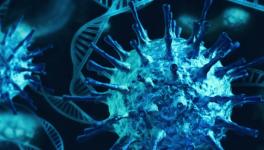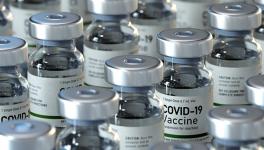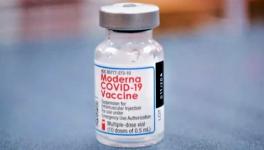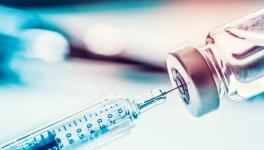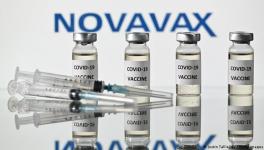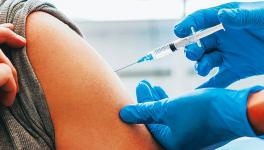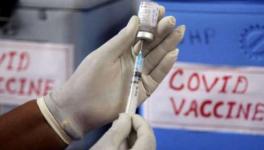COVID-19: Can Vaccines Stop Transmission?
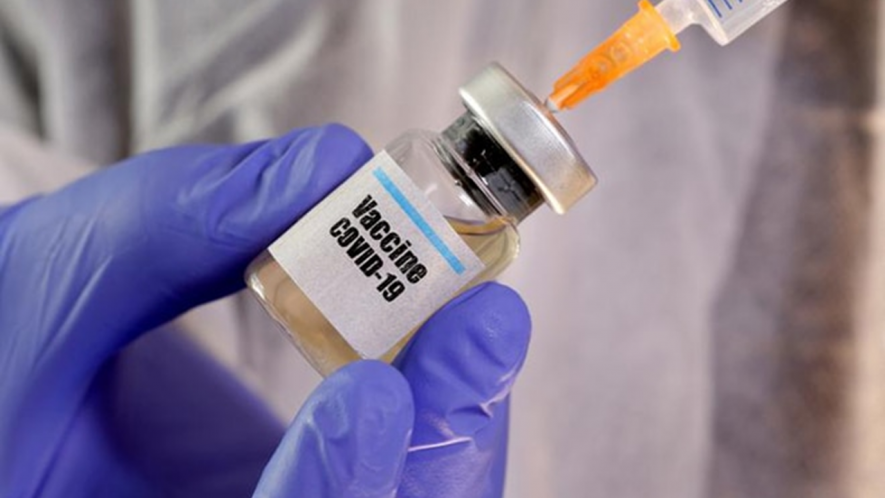
Amid the large-scale vaccination drives against COVID-19 across the world, scientists are racing to find an answer to the question whether these vaccines can stop the transmission of the virus.
The scientists and researchers are concerned if the vaccines will stop people from getting infected and passing it on to others. If vaccines can prevent transmission, it will help in bringing the pandemic under control, when enough people get vaccinated.
In this context, preliminary analyses have given hints that at least some vaccines are likely to have transmission-blocking capacity. However, a proper inference is also difficult to arrive at, as a drop in transmission cases in a region may be attributable to other factors like physical distancing or behavioural changes etc.
The primary target of a vaccine is to elicit an immune response in the body, after a milder version of the virus or a part of it is injected in to the body. The immune system of the body which resists any attack from harmful agents, in response to the vaccine, makes antibodies and also recruits certain types of cells to memorise the virus. The antibodies are the proteins that the immune system produces against the virus and neutralises it, whereas memory B cells and T cells, types of cells in the immune system, remembers the virus. Whenever an attack by the virus is unleashed, the immune system quickly identifies it and kills it.
Also read: COVID-19: Can Existing Vaccines Counter Virus Variants? Research Shows Mixed Results
Most of the clinical studies on the COVID-19 vaccines have shown that it can prevent the disease. Alongside, there are certain studies which have hinted that some of the vaccines could also prevent infection. Now, we needs to understand the difference between preventing the disease and preventing an infection.
Preventing the disease means whenever a vaccinated person gets the virus, and hence gets infected, he or she would not develop the disease, due to the immune resistance offered by the vaccine. But, preventing infection means that the vaccinated person does not get infected at all by the virus.
Obviously, if a vaccine could prevent someone from getting infected at the first place, then it would certainly help reducing transmission.
Can Vaccines Stop Infection?
According to reports, during Moderna’s trial for its vaccine, it was found that there was a drop of about two-thirds of the asymptomatic infection cases among those who received the one dose of the two shot vaccine. But, the trial tested people in a gap of a month, so the chance of missing infections cannot be denied. Similarly, the UK and AstraZeneca vaccine trial tested people every week and estimated a reduction of 49.3% in asymptomatic cases. Another leading vaccine by Pfizer is yet to produce such results.
Can Vaccines Reduce Transmissions?
Another aspect and the more important one is that whether the vaccines can result in lesser chances of passing the virus on to someone else? In this regard, measuring the viral load has been found to be a good standard for infectiousness. The viral load signifies the number of viral particles in an infected person. Researchers are measuring the viral load in vaccinated people who later tested positive.
One group from Israel found that viral load had dropped in people who were infected in two to four weeks after receiving the Pfizer vaccine. Similarly, Oxford AstraZeneca vaccine also showed significant decrease in viral load. Commenting on these data, Virginia Pitzer, an infectious disease modeler at Yale University said, “The data is certainly intriguing and suggestive that vaccination may reduce the infectiousness of COVID-19 cases, even if it does not prevent infection altogether.”
However, whether the decrease in viral load alone can be sufficient to make a person less infectious in real life or not, cannot be concluded definitively.
To get an even clearer picture, researchers are also closely monitoring those people who are in close contact with those vaccinated. If the close contacts of the vaccinated people are protected from infection, then the likelihood of transmission preventability of vaccines could be gauged.
Also read: The Economic Cost of Non-Vaccination: Why Every Country Stands to Lose
The PNATHER study, currently ongoing in UK, tested health workers and the COVID-19 infected people that they were taking care of around the first wave of the pandemic, that is between April to August last year. This is being carried out by the researchers at the University of Nottingham. Ana Valdes, the genetic epidemiologist of the university reportedly remarked about their strategy as, “They will now retest some of those workers after they receive the Pfizer vaccine, as well as their close contacts who won’t have been vaccinated, to see whether the risk of infection has decreased for the close contacts”.
Other groups like those in Israel are also planning a similar way to study the households where at least one member is vaccinated.
In Brazil, on the other hand, a trial is in the planning where doses of the vaccine produced by China’s Sinovac will be randomly distributed in the town of Serranna and this will be carried in stages for several months. This method is being thought to provide a picture of whether drops in COVID-19 cases in the vaccinated regions could also contribute to reduction in transmission in unvaccinated regions.
Get the latest reports & analysis with people's perspective on Protests, movements & deep analytical videos, discussions of the current affairs in your Telegram app. Subscribe to NewsClick's Telegram channel & get Real-Time updates on stories, as they get published on our website.









